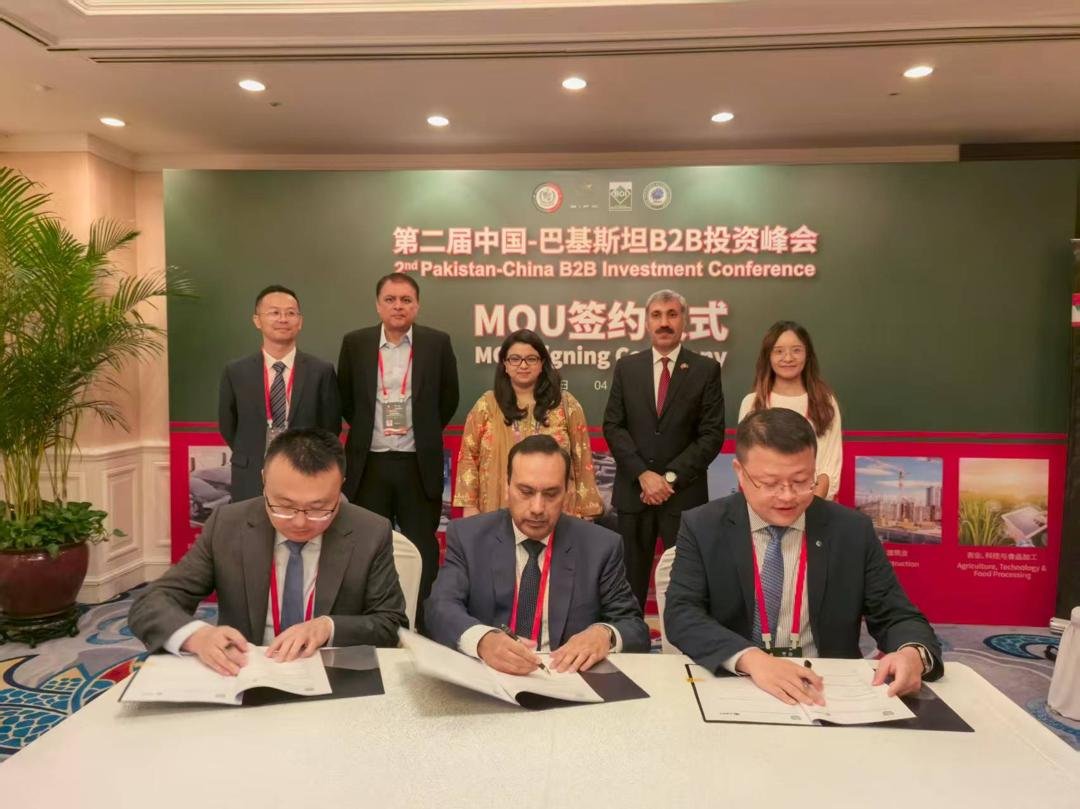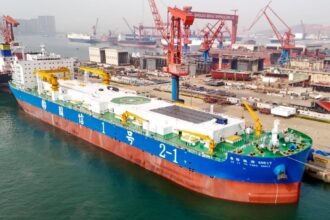The PEC engineering training program has entered a new phase with the signing of a Memorandum of Understanding (MoU). The agreement involves the Pakistan Engineering Council (PEC), Thar Coal Block-1 Power Generation Company, Sino Sindh Resources, and Shanghai Electric Engineering Consulting Company. This five-year initiative aims to build the skills of Pakistani engineers through training, exchange programs, scholarships, and Chinese language learning. Moreover, it marks a major step toward strengthening Pakistan’s technical workforce, especially in the context of CPEC and the country’s growing energy demands.
Each year, 20 fresh graduates will join a six-week training program at Thar. The course combines classroom learning with hands-on exposure to power plant and mining operations. Over five years, 100 young engineers will benefit from this practical program. In addition, the program will send five to ten engineers annually to China for advanced short-term courses. Through these exchanges, Pakistani engineers will learn modern energy and mining technologies directly from experienced Chinese professionals.
The initiative also creates a dedicated scholarship fund worth Rs3.5 million per year. This fund will support 35 students annually, focusing on those enrolled in energy and mining disciplines. As a result, over the project’s duration, 175 scholarships will enable talented students to pursue higher studies in China. Furthermore, the scholarships aim to bridge gaps in technical education and open new opportunities for youth across Pakistan.
To enhance collaboration, the program includes Chinese language training for up to 50 participants. This step, therefore, will ensure smoother communication with Chinese experts working on joint projects. At the same time, PEC has encouraged women and students from underprivileged backgrounds to apply, making inclusivity a central goal.
PEC Chairman Engr. Waseem Nazir emphasized that the program reflects PEC’s commitment to skill development, international exposure, and practical training. He noted that such initiatives will create new career pathways for Pakistani engineers. At the same time, they will prepare the workforce to meet the demands of Pakistan’s energy, industrial, and infrastructure sectors.
The PEC engineering training program goes beyond simple collaboration. In fact, it invests in Pakistan’s future. By combining training, scholarships, and language learning, it builds the foundation for a stronger and more capable engineering sector.






